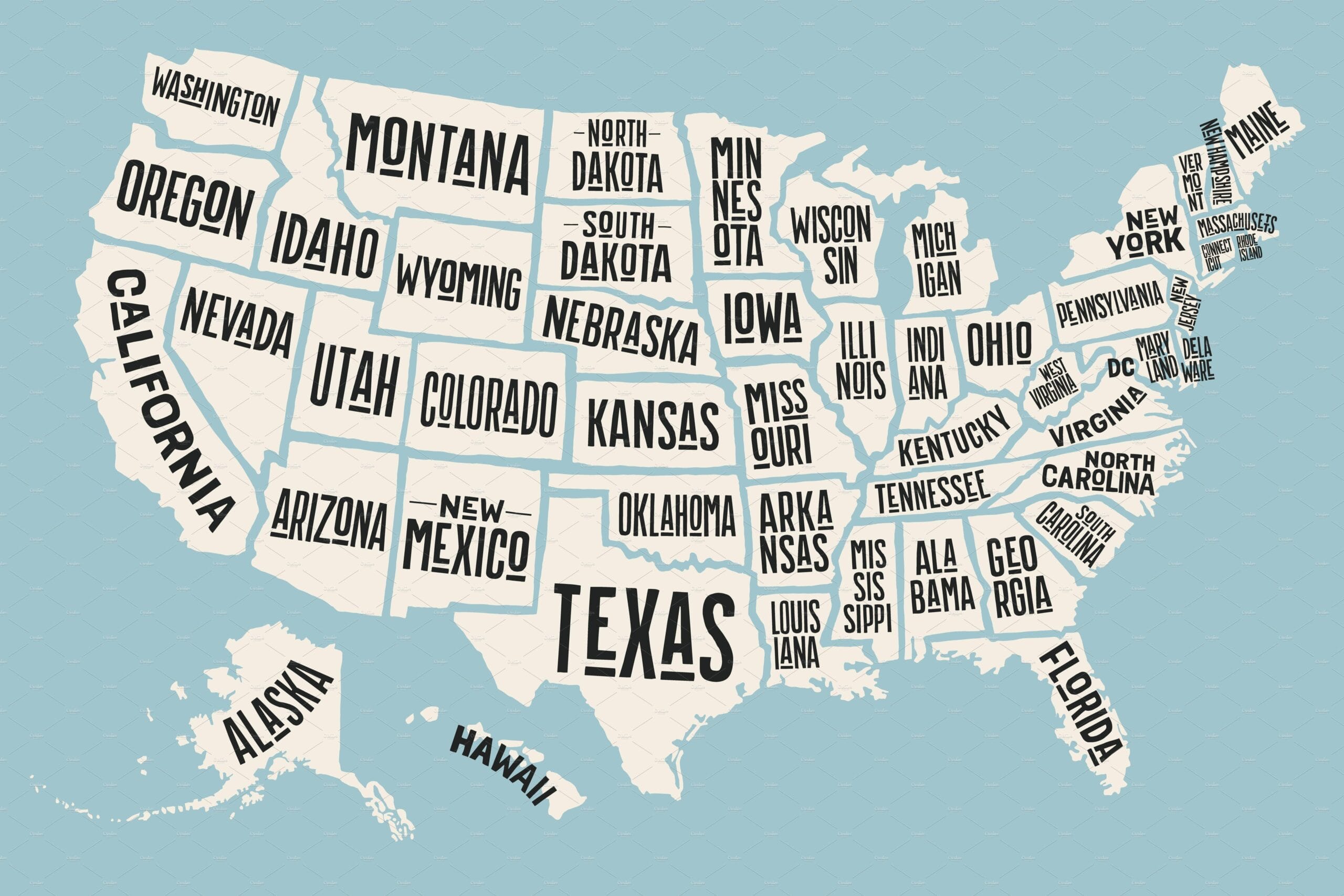FTC’S NEW RULING – NONCOMPETES NO LONGER ENFORCEABLE
By Josh Brittingham
June 10, 2024
FAQ
- What is the Federal Trade Commission (“FTC”) noncompete ban?
The rule bans “noncompete” provisions, which are defined as either oral or written contracts that prevent a worker from (i) seeking or accepting work within the United States with a different employer after the employment concludes; or (ii) operating a business in the United States after the conclusion of employment.
- Who does the rule apply to?
The rule applies to all workers in the United States (including employees and independent contractors).
- When does the rule become effective?
It is unclear. Absent a legal challenge, the rule is set to go into effect on September 4, 2024. HOWEVER, multiple lawsuits have been filed against the FTC to block implementation of the ban, so it is unclear if or when it may take effect.
- Does the ban affect non-solicitation or non-disclosure agreements.
Probably not. Trade secret protections also remain intact under the FTC’s final rule. It also generally does not affect non-solicitation or non-disclosure agreements. However, such provisions could be invalid if they are so broad that “they function to prevent a worker from seeking or accepting other work or starting a business after their employment ends.” Whether or not a non-solicitation or non-disclosure clause meets this threshold is a “fact-specific inquiry.”
- Are there any exceptions to the ban?
Yes. The rule does not invalidate existing noncompetes with senior executives. But going forward, beginning on the date the rule takes effect (if it does), employers are not permitted to enter into noncompetes with any workers, including senior executives—even if they are given in exchange for compensation, equity, or other consideration.
- What is a senior executive under the rule?
“Senior executives” are defined as workers who, when employed, were in a policy-making position and received total annual compensation of at least $151,164 in the year preceding departure. Note that while existing noncompetes with senior executives remain in force, such agreements cannot be signed after the effective date of the rule.
- Does the rule impose notification requirements?
Yes. The new rule also includes a notification component, such that employers will be required to notify current and former employees who are subject to noncompetes that their noncompete agreements are now invalid. This notification must be made no later than the effective date of the rule. The FTC provided model notification language. If an employer provided consideration (including compensation or equity) in exchange for the noncompete, the employer may not claw back or force forfeiture of that consideration as a result of the invalidation of the noncompete. In other words, workers are entitled to keep the consideration and to benefit from the invalidation of their noncompetes.
- Is there a bona fide sale of business exception?
Yes. The rule provides an exception for a bona fide sale of business, in that it expressly excludes “a noncompete clause that is entered into by a person pursuant to a bona fide sale of a business entity, of the person’s ownership interest in a business entity, or of all or substantially all of a business entity’s operating assets.” This exception cannot be used to require executives or key employees who are not sellers to sign noncompete agreements in connection with a sale. In a win for business interests, the proposed rule’s requirement that the seller be an owner of 25 percent of the entity being sold was eliminated in the final rule.
- Is any immediate action required?
Because of the imminent legal challenges and the potential for an injunction that would delay the effective date of the new rule, employers do not need to take immediate action on existing noncompete agreements. However, employers should audit existing agreements so that they understand what agreements exist and can prepare to send out notices when and if it becomes necessary to do so. In addition, between now and the effective date, employers should carefully consider whether to include noncompetition provisions in new employment-related agreements, or whether other forms of robust restrictive covenants are sufficient to protect the employer’s interests. We will keep you updated as legal challenges progress.
- What should I do?
Contact your attorney at Carney Badley Spellman, P.S. to stay abreast of the status of the rule and to develop a particularized risk assessment and strategy for your company.



